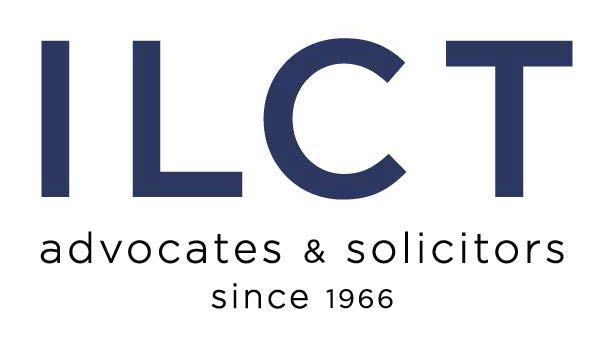Amendment to the “HOTEL” definition and criteria to accommodate operators with small unique accommodations
In a significant legal development, the Minister of Interior, acting on the recommendations of the Hotel Business Promotion and Control Committee, has issued the “Ministerial Regulation on Hotel Business Types and Criteria (No. 2) B.E. 2566 (2023),” hereinafter referred to as the “New Regulation.” Published in the Royal Gazette on 30th August 2023. This New Regulation is set to become effective on 29th October 2023, marking an amendment to the “Ministerial Regulation on Hotel Business Types and Criteria B.E. 2551 (2008).”
This article outlines the New Regulation’s three key provisions and their implications for the Thai hotel industry:
- Revision of non-hotel accommodation criteria: The New Regulation broadens the definition of ‘Non-Hotel Accommodations’ from those with up to 4 rooms and 20 guests to those with up to 8 rooms and 30 guests. This change will mean that over 50,000 previously recognized small hotels will now be excluded from the Hotel Act classification (Section 4(3)). The amendment aims to preserve unique architectural and cultural characteristics in local community accommodations, which often exceed 4 rooms. These changes will reduce the burden on communities to conform to Building Control Regulations to obtain a Hotel Business License, preventing adjustments that could diminish cultural building uniqueness.
The New Regulation not only reclassifies many small hotels but also encourages community accommodations for tourism home stays. It mandates property owners (recognized in this context by the Ministry of Interior as individuals as opposed to companies or other juristic persons) intending such use to notify the hotel registrar. The registrar conducts inspections and, if compliant, issues a notification. Owners must inform the registrar if they cease such usage. This increases supervision of Non-Hotel Accommodations, complementing existing hotel regulations.
- Revisions to Hotel Types: The revised hotel regulations introduce changes to the categorization of hotels. Under the previous regulations, ‘Type 1 hotels’ were defined as establishments with up to 50 rooms, while ‘Type 2 hotels’ were those offering guest rooms as well as a canteen room. This required hotel operators planning to construct hotels with more than 50 rooms to include a canteen room. However, the New Regulation redefines ‘Type 1 hotels’ as those with up to 50 rooms and ‘Type 2 hotels’ as those with more than 50 rooms or those with a canteen room. This modification effectively eliminates the requirement for hotels with over 50 rooms, that solely provide accommodations, to include a canteen room in their facilities. Notably, this modification complements the great demand for local street food in Thailand, making it unnecessary for hotels to provide a canteen room. Nevertheless, Type 3 and 4 hotels have remained the same.
- Revisions to Buildings with Special Characteristics: The New Regulation is connected to the “Ministerial Regulation on Building Control Criteria and Security Systems for Hotel Businesses B.E. 2566 (2023),” having also been published on the same day. This regulation sets out specific rules for unique hotel buildings to be able to apply for construction certificates, which is the most significant qualification for the hotel operation license application
According to the regulation, unique hotel buildings that can now operate as hotels include raft or boat hotels, tent hotels, modified wreck vehicles, container hotels, and hanging hotels with heights exceeding 2 meters from the ground, such as tree houses. The regulation sets specific requirements for these unique hotel buildings. For example, it acknowledges that these buildings cannot easily meet the standard hotel building requirements related to building structure and fire resistance materials. Therefore, the regulation removes these obstacles to preserve the distinctive character of each special hotel building.
Nevertheless, the regulation continues to ensure the safety of these unique hotel buildings. For instance, it mandates that each permitted unique hotel building must have one portable fire extinguisher for every 112 square meters of the hotel area. In essence, these buildings can now meet the criteria to apply for construction certificates, enabling hotel operators and potential investors to open these distinctive buildings as hotels.
As a result of the notable changes in these laws, it is advised that hotels seek legal guidance for specific queries. Reach out to law@ilct.co.th for any support.
